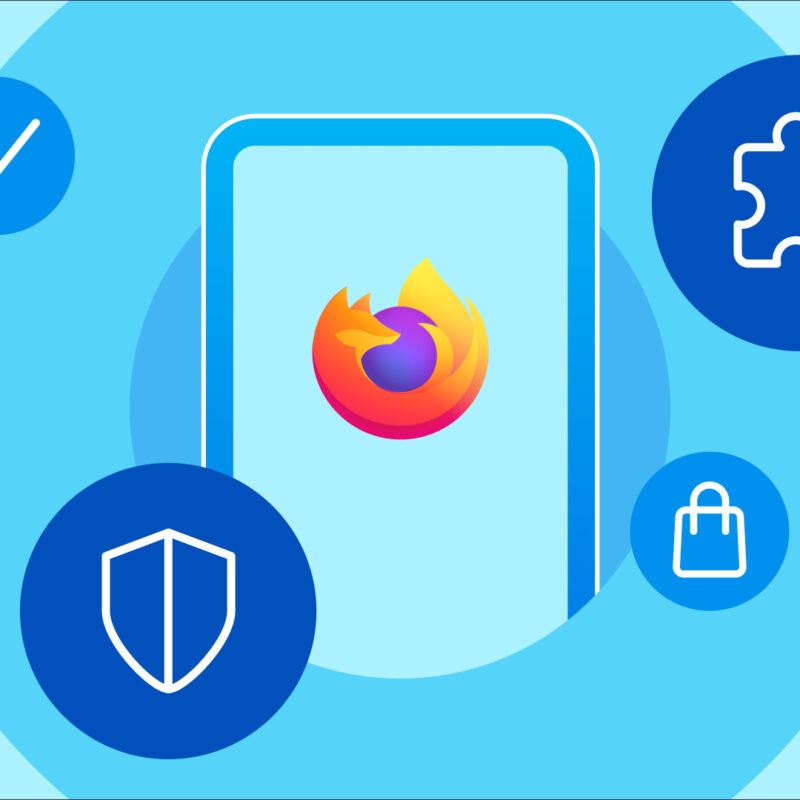Say you stop by the pharmacy for some floss, then later, at dinner, the waiter tries to sell you gingivitis treatment. That’s what online ads can be like, and here’s how to stop them.

Who’s tracking you?
Many of your favorite sites keep track of what you do online. They may do it to understand if you’re interested in a particular article, item or activity. They may do it to make your experience of their site easier. They may also track you so they can try to sell you things.
Online ads can be customized on the fly based on what you do. Been searching for a new pair of Chucks? Mega Shoe Company has a great deal for you. To serve those custom ads at just the right time, the shoe company needs to know where you go online. Is that bad? Some argue that customized (targeted) ads are much better than traditional billboards or radio spots. At least with targeted ads, there’s a good chance you’ve been looking for what they’re selling. But you may not want companies following you around the web.
How do sites track you?
Most sites track you with cookies—bits of code stored in your browser. In the past, cookies were used to customize websites, keep track of shopping carts and maintain security when logged into an online account, but today most are used to help companies serve targeted ads.
Here’s how it works: You visit a site, a third-party advertiser leaves a cookie on your browser. The cookie is your unique identifier. Details about what you do from that point on can be stored on remote servers. That includes information about your visit, which might include what you viewed, your language preference, how long you were on the site, the time you visited the site and if you clicked on any advertisements. When you’re out surfing around the web looking for hats, targeted ads know what you’ve been looking for and can serve up the latest deals on berets or alert you to special sales or discounts on things you might buy.
Cookies can also help advertisers serve you custom ads in your social media feeds. Social sites have their own tracking schemes based on what you click, and they’re far more robust. They can track everything you do with precision—every click, post, and comment is logged on a server. In addition, cookies can reveal what you’ve been doing online to a social site, which is why some ads will follow you into social media walled gardens.
What is tracking protection and private browsing?
Private Browsing
Private browsing deletes cookies when you close the browser window and doesn’t track history. In Firefox, private browsing also blocks tracking cookies by default.
Tracking Protection
Tracking protection stops companies from following you around the web, but saves your browsing history. Tracking Protection is available in Firefox Quantum. It uses a list of tracking sites compiled by Disconnect.me. Whenever your browser calls a site on the list, Tracking Protection blocks it.
Multi-Account Containers
The Firefox Multi-Account Containers add-on isn’t technically a form of private browsing and tracking protection, but it can help keep companies from knowing everything you do online. It lets you open fresh, cookie-free tabs that can be used for different accounts—personal, work, shopping, etc. That means you can use Multi-Account Containers to open several Google accounts at once without any overlap. Most trackers won’t associate the different accounts, keeping your work life separate from your personal life online. Some more advanced trackers, however, can and will track you across different accounts, so beware.
Why would you use tracking protection or private browsing?
Using tracking protection and private browsing doesn’t mean you’re up to no good. It could mean you want to keep different accounts (like work and personal) separate. You might also share a computer or device and you want to keep things to yourself. Or perhaps you’re shopping for a surprise birthday present and you don’t want a targeted ad to blow your cover. Perhaps you want to see unfiltered search results. Or maybe you just want to limit the amount of data that a ton of companies collect about you. That’s just fine.
Is private browsing truly Private?
Private browsing and tracking protection prevent some ad networks from tracking your online activity, but you still leave tracks wherever you go on the web. One way to get added protection is to use a Virtual Private Network (VPN) service. VPN services route traffic through remote servers, so it looks like you’re browsing from another location or multiple locations. VPN providers can track your search history, though, so it’s good to find a company you can trust to either delete or lock up your browsing activity. VPNs won’t block third-party cookies from advertisers, but those cookies won’t be able to identify your location accurately, making it difficult or impossible for ad trackers to be effective.
Tor Browser can truly mask your browsing history. It bounces traffic through multiple servers around the globe, making it difficult to track that traffic. The website you visit really has no idea where you are, only the approximate location of the last server your request was routed through. But again, even Tor proxy won’t stop third-party advertisers from installing cookies in your browser. Tor Browser deletes all cookies when closed. People can also start a new session in Tor Browser to clear them as well.
It’s up to you.
You should get to decide what your browsing experience is like. If you don’t want to be bombarded with ads, you should be able to turn them off. We value online privacy and believe that you should have the option to have an ad-free browsing experience.
Download the latest version of Firefox Quantum today and follow this online guide to turn Tracking Protection on while you’re browsing.
This post is also available in: Deutsch (German)



